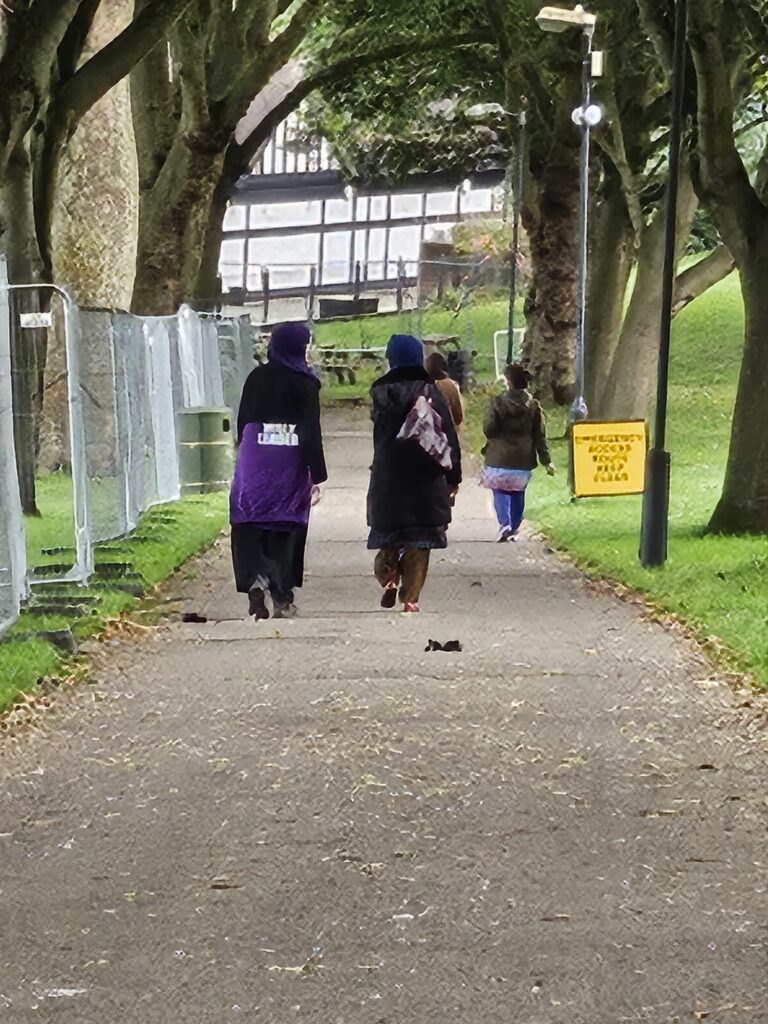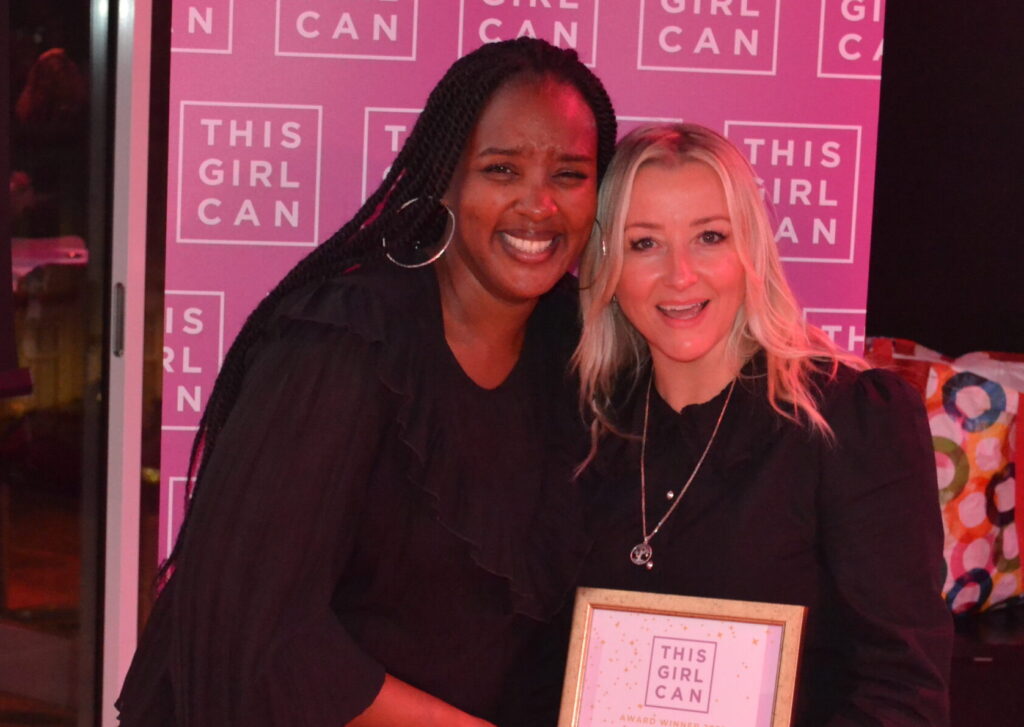Your basket is currently empty!
Tackling Inequalities: Insight and Learning
Tackling inequality and increasing diversity in physical activity is important to us and is a focus for our work. This page brings together some of our learning and insight gained through working closely with people and communities.
We all identify with at least one of the nine protected characteristics that can be discriminated against, but it’s the intersectionality that lies within these that can sometimes add the complexity that makes it difficult for people to be active.
This is why we’re sharing our insight, learning and stories to help others develop their understanding.
Our work, Tackling Inequalities, focuses on connecting and collaborating with people from different backgrounds and with a potentially marginalised lived experience. Drawing on that lived experience to ensure they are involved in developing opportunities that are right for them and their wider communities.

What helps South Asian and Muslim women move more for good health?

How can you empower a community of female fitness leaders?
Sport England partnered with the Multicultural Marketing Consultancy to develop two guides for those who provide and promote experiences for women in natural spaces, which you can download below.
Let’s Get Out There is a guide to making outdoor activities more inclusive for women, featuring campaign templates and materials to help promote activities, as well as case studies highlighting some of the organisations who are already creating opportunities for women to get outside and enjoy the benefits.
Cultural Guidance and Understanding aims to help you better understand women from diverse cultural backgrounds in your community from a cultural and faith perspective.
Stories of tackling inequalities
Moorways and Lister House Pain Management programme
The health pilot programme was designed for people living with long-term pain and pre-diabetic patients, of South Asian heritage and demonstrated varying levels of engagement and success. The long-term pain cohort, having previously participated in a “let’s live well with pain” course, showed strong engagement with the Moorways membership, gym sessions, and peer support initiatives all well received and fantastic ‘life changing’ results achieved.
The South Asian pre-diabetic group presented different challenges and did not really engage, despite the recruitment of interpreters. Participants expressed interest in more educational content alongside physical activities although these we’rent translated, proving to be a barrier. A diabetes nurse session proved particularly effective for this group, suggesting the nature of their diagnosis was not understood.
Future plans include collaboration with the local diabetes prevention service to offer courses in relevant languages at the surgery, to increase the education of this common issue.
The programme’s adaptability and close working nature of the partners involved was a key strength in it’s success. Potential enhancements could include incorporating culturally appropriate dietary advice or focusing on building that peer support system from within the community. If this is achieved these pre-ventative efforts can make a significant impact on community health, and contributes to large savings for the NHS, in relation to appointments and pain management prescriptions.